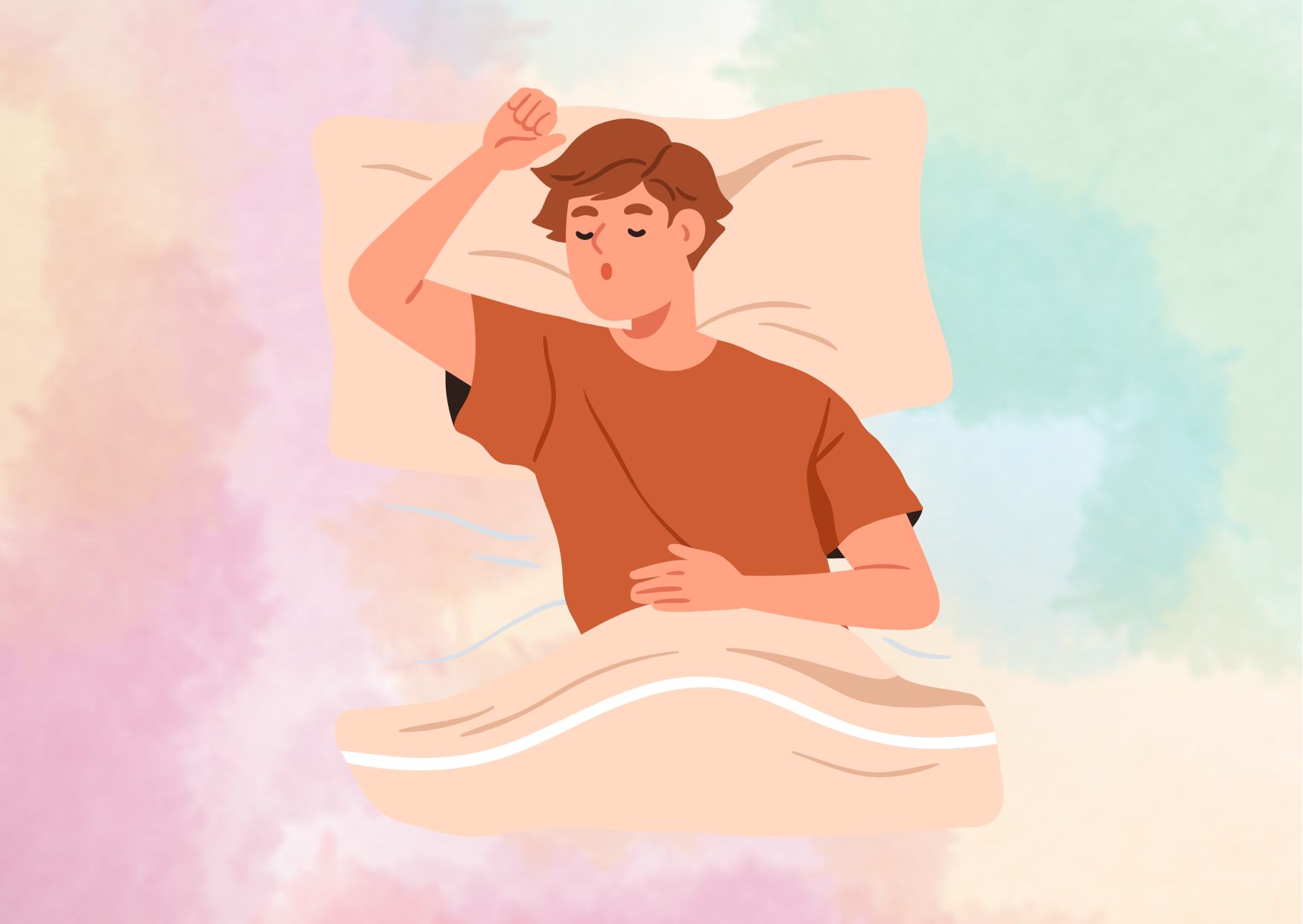Healthy Blood Flow
Morning erections are a sign of healthy blood flow to the penis. The increased blood flow during erections helps nourish the penile tissues and maintain their optimal function. Inadequate blood flow to the penis can be an early indicator of underlying health conditions such as cardiovascular disease or diabetes.
Hormonal Health
The occurrence of morning erections is closely tied to hormonal health, particularly testosterone levels. Testosterone, in addition to its role in sexual function, has numerous other benefits, including maintaining bone density, muscle mass, and overall well-being. Regular morning erections can be an indication of healthy testosterone production.
Psychological Factors
Psychological factors can also influence the occurrence of morning erections. Emotional well-being, stress levels, and overall mental health can affect sexual function. Men who are experiencing high levels of stress or emotional distress may notice changes in their frequency or quality of morning erections.
Can Morning Erections Be a Problem?
Morning erections are generally considered a normal and healthy aspect of male sexual function. However, there are instances where changes in morning erections may indicate an underlying issue. Monitoring and understanding these changes can help identify potential problems and seek appropriate medical attention when needed.
Erectile Dysfunction
A significant decrease or absence of morning erections can be a warning sign of erectile dysfunction (ED). Erectile dysfunction is the inability to achieve or maintain an erection sufficient for sexual activity. Changes in morning erections can indicate underlying physical or psychological factors contributing to ED, such as reduced blood flow, hormonal imbalances, or stress-related issues.
Sleep Disorders
Sleep disorders, such as sleep apnea or restless leg syndrome, can interfere with the normal occurrence of morning erections. These conditions disrupt the sleep cycle and may affect the quality and duration of REM sleep, leading to a decrease in the frequency of morning erections.
Psychological Distress
Psychological factors, such as anxiety, depression, or relationship problems, can impact the occurrence of morning erections. High levels of stress or emotional distress can lead to changes in sexual function, including a decrease in morning erections. Seeking professional help through sex therapy or online counseling can provide valuable support in managing stress and promoting emotional well-being.
Suggestion for read: Wet Dreams: Exploring the Normalcy and Myths
Managing Morning Wood
While morning erections are a natural and healthy physiological response, some men may find them inconvenient or uncomfortable, especially in certain situations. Here are some strategies to manage morning wood:
Urinate
Emptying the bladder upon waking up can help reduce the intensity of morning erections. A full bladder can put pressure on the pelvic area and contribute to the persistence of an erection.
Change Sleeping Position
Experimenting with different sleeping positions, such as sleeping on your side or stomach, may help alleviate discomfort caused by morning erections.
Engage in Physical Activity
Engaging in physical activity or exercise can help regulate hormonal levels and promote healthy blood flow. Regular exercise has been shown to improve sexual function and overall well-being.
Relaxation Techniques
Practicing relaxation techniques, such as deep breathing or meditation, can help reduce stress and anxiety levels, potentially decreasing the frequency and intensity of morning erections.
Open Communication
If morning erections become a source of discomfort or distress within a relationship, open communication and understanding between partners can help alleviate any concerns and find mutually acceptable solutions.
Seeking Professional Help
If changes in morning erections are accompanied by other symptoms or persist over an extended period, it may be beneficial to seek professional help. Consulting a healthcare provider, urologist, or sex therapist can help identify any underlying issues and provide appropriate guidance and treatment options.
Online therapy and online counseling services offer convenient and confidential platforms for discussing concerns related to morning erections and sexual health. Platforms like Inquire Talk provide access to trained therapists who can provide guidance and support in managing sexual health concerns and promoting overall well-being.
Conclusion
Morning wood, or morning erections, is a normal and healthy aspect of male physiology. It serves as a vital indicator of penile health, hormonal balance, and overall well-being. While changes in morning erections can sometimes indicate underlying issues, they generally do not require medical intervention. Understanding the factors influencing morning erections and seeking professional help when necessary can contribute to a healthy and fulfilling sexual life and overall mental health.
At Inquire Talk, we understand the significance of mental health and well-being in relationships. Seeking professional help through online therapy and psychotherapy can provide valuable support in managing stress and promoting emotional well-being. Our dedicated therapists are available to assist individuals and couples in navigating the complexities of working together in the same company. Whether you need guidance on maintaining work-life balance or managing conflicts, our online counseling services can provide the assistance you need. Prioritize your mental health and well-being in your professional and personal life.
Here are few certified therapists who you can get in touch and book a therapy session with:
Sophie Barrett
Lynda Pabari
Nicola Keenan
